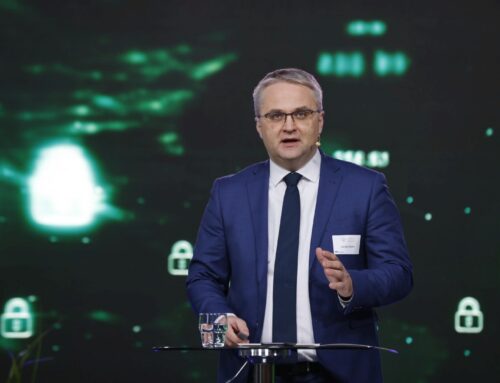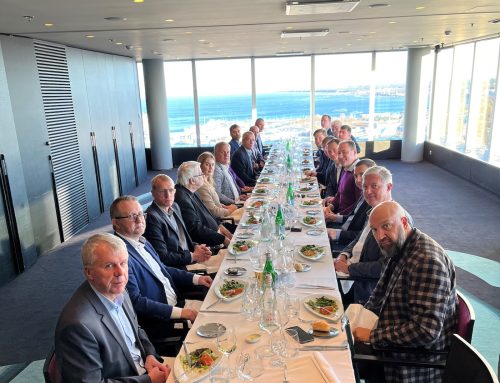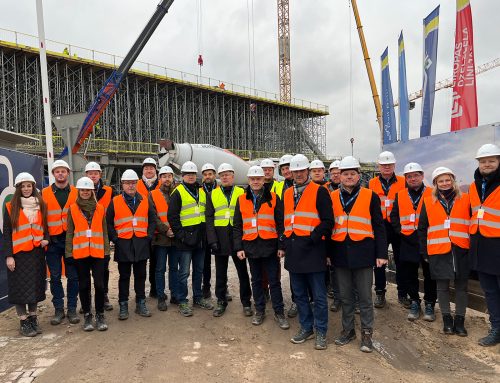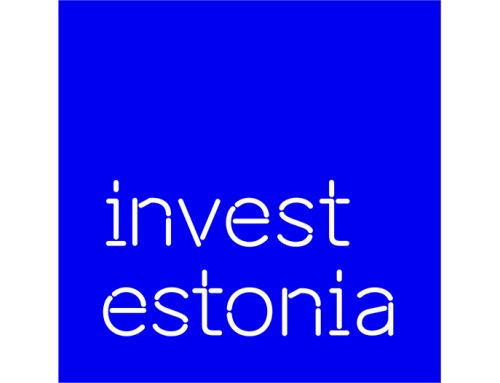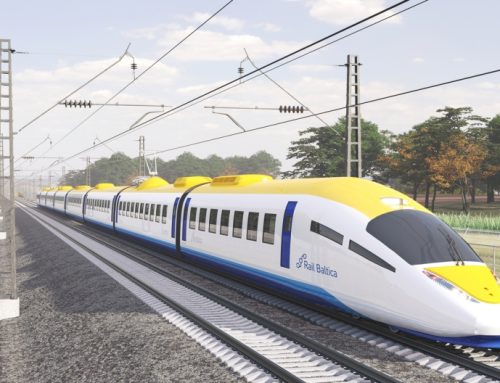Seminar „Rail Baltic 1.0 – intermodality“ held in Tallinn yesterday and organised by the non-profit association Rail Baltic Business Network presented the surveys which analysed the vision of entrepreneurs regarding intermodal transport.
The opening address of the event was delivered by Herald Ruijters, Director of Investments Unit of the European Commission Transport Directorate (DG-MOVE), emphasising that in the case of Rail Baltica we are dealing with a project enjoying impressive support in Europe.
„It is essential to understand that we are all ready to put that idea into practice. Quite many have questions in connection with Poland. I can give full assurance that Poland is working in the name of better connections and is already contributing to that objective,“ reiterated Ruijters and added: „We in the European Commission see clearly that it is an extremely strong project and we are certain that the whole Baltic area will benefit from it. You have a very strong partner in the form of the European Commission.“ Sakari Saarinen from Helsinki Uusimaa Regional Council, and Erki Taube from the management consultancy Civitta introduced the NSB CoRe project funded by the European Commission, within which the visions of entrepreneurs were surveyed as regards intermodal transport. For that purpose, they surveyed over 200 companies from Finland, the Baltic States, Poland and Germany.
The surveys focused on two areas: obstacles to intermodality and trends for the future.
Saarinen pointed out in his presentation that the North-South connections (the Finnish growth corridor) and Arctic dimension are extremely important for Finland. „Finland is insular when viewed logistically, short-sea shipping has presently a very important role and will continue so in the future,“ Saarinen said, mentioning that Finland displayed great interest also towards Rail Baltica. „Rail Baltica would be an alternative option in transportation of goods and passengers. Development of the Helsinki-Tallinn Twin-City will also surely continue, and improvement of the overall mobility will only boost it.“ Erki Taube of Civitta highlighted that the NSB CoRe survey focused in the first place on how to attract goods to Rail Baltica and what might be the main impediments hampering the process.
“Within the region under survey, entrepreneurs were comparatively positive as regards the obstacles. However, seen from the point of view of Estonia, the entrepreneurs noted the lack of suitable infrastructure and rolling stock. As regards the trends for the future, vast opportunities were perceived for the goods streaming from China, and highlighted as a threat, for that matter, was the development of self-driving vehicles,“ Taube said.
The conclusive results of the survey will be completed by end of summer. The final outcome of the whole NSB CoRe project will be completed in 2019.
Rail Baltic Business Network is a non-profit business association founded in 2015 with a goal to become the main forum of discussion of entrepreneurial topics relating to Rail Baltica and the representative of entrepreneurs in the dialogue with the public sector. The Business Network connects members from the transit and logistics sector companies, entrepreneurs in the areas otherwise concerned with the new logistics chain, and also academic centres of excellence and local governments interested in Rail Baltic.


